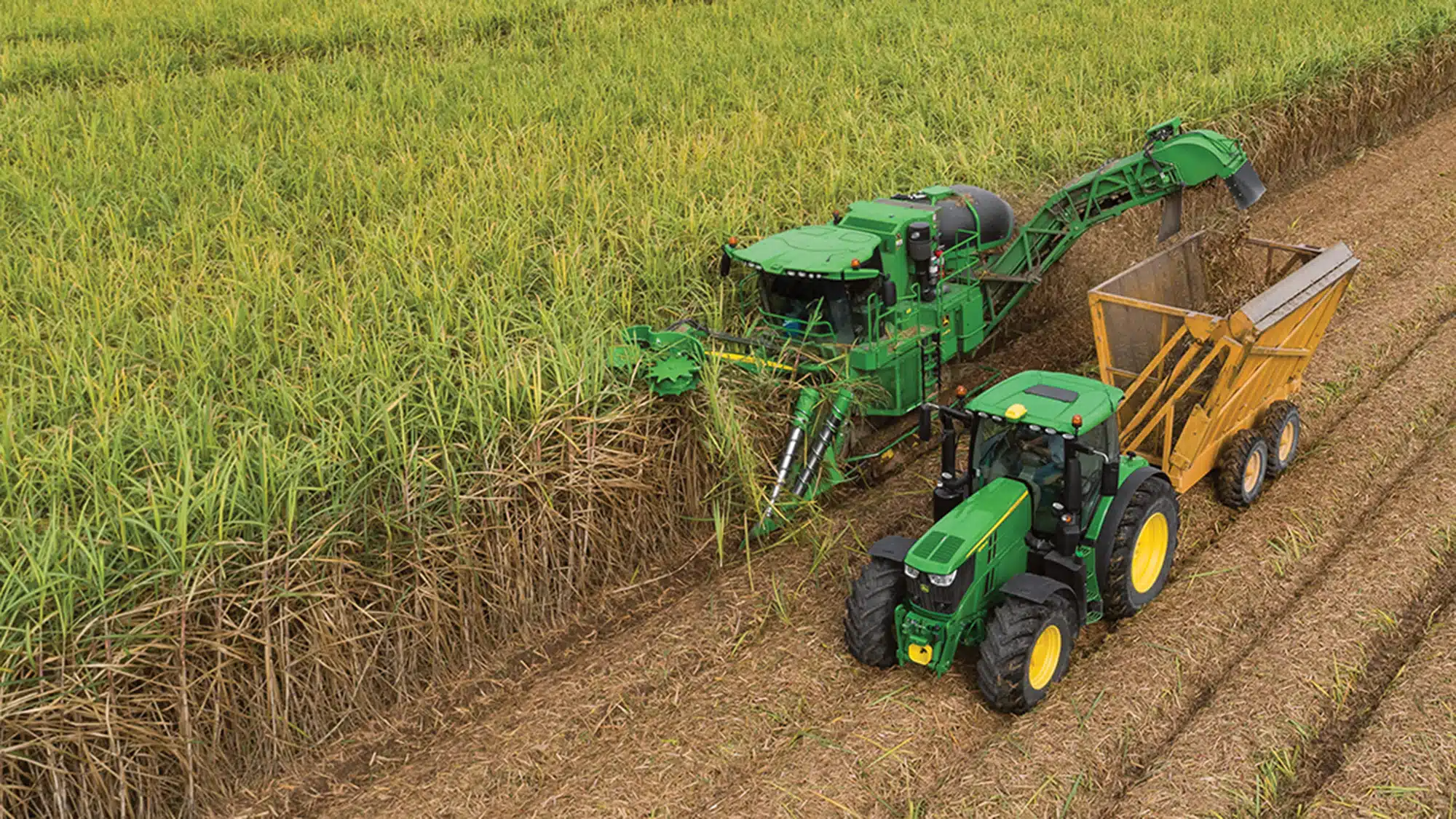
The U.S. Department of Agriculture (USDA) has announced that it will begin distributing economic aid to American farmers in response to declining commodity prices and growing financial stress in the agricultural sector. Under the new Emergency Commodity Assistance Program (ECAP), the USDA plans to deliver up to $10 billion in direct payments to farmers during the 2024 crop year.
The program targets producers who have been hardest hit by price volatility, input cost inflation, and adverse weather events. Agriculture Secretary Tom Vilsack emphasized that the initiative is part of the Biden administration’s broader commitment to support rural communities and ensure food security. Payments will be calculated based on actual production data and price declines, offering more tailored relief than traditional subsidy programs. The funds are expected to help stabilize farm operations and prevent further consolidation in the industry.
Farm advocacy groups have largely welcomed the aid, viewing it as a necessary lifeline for producers navigating uncertain markets. However, some economists and policymakers have raised concerns about the long-term implications of frequent government intervention in commodity markets. Critics argue that while short-term relief is essential, structural reforms are needed to address deeper issues like overproduction, supply chain inefficiencies, and international trade disruptions. Despite this, the ECAP is seen as a critical step toward protecting the livelihoods of American farmers during a period of economic strain.
Reference:
USDA to begin disbursing economic aid to farmers amid low prices

